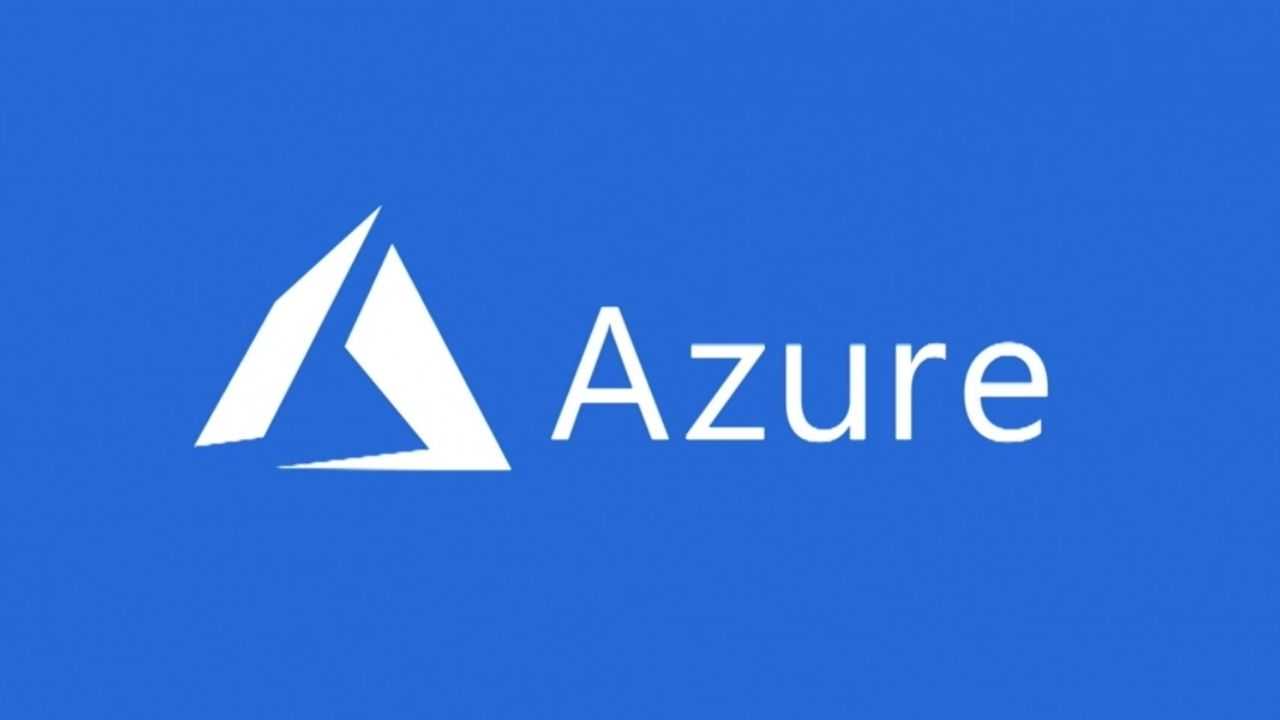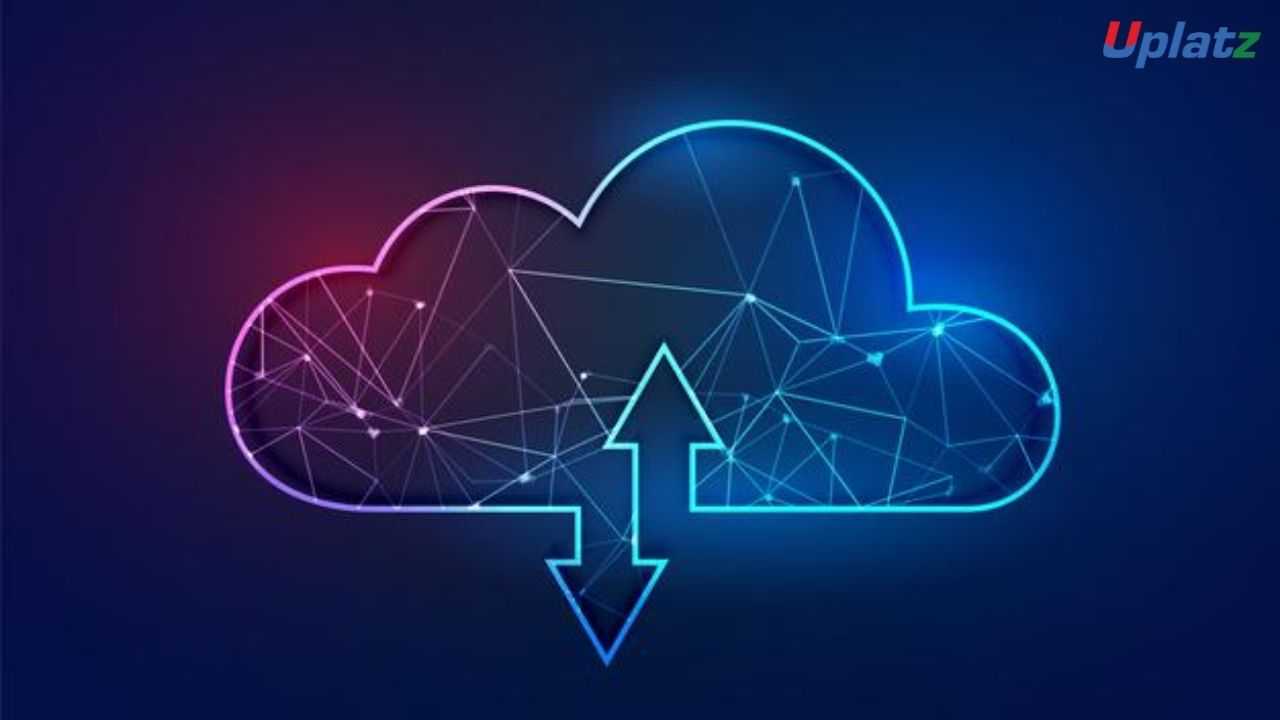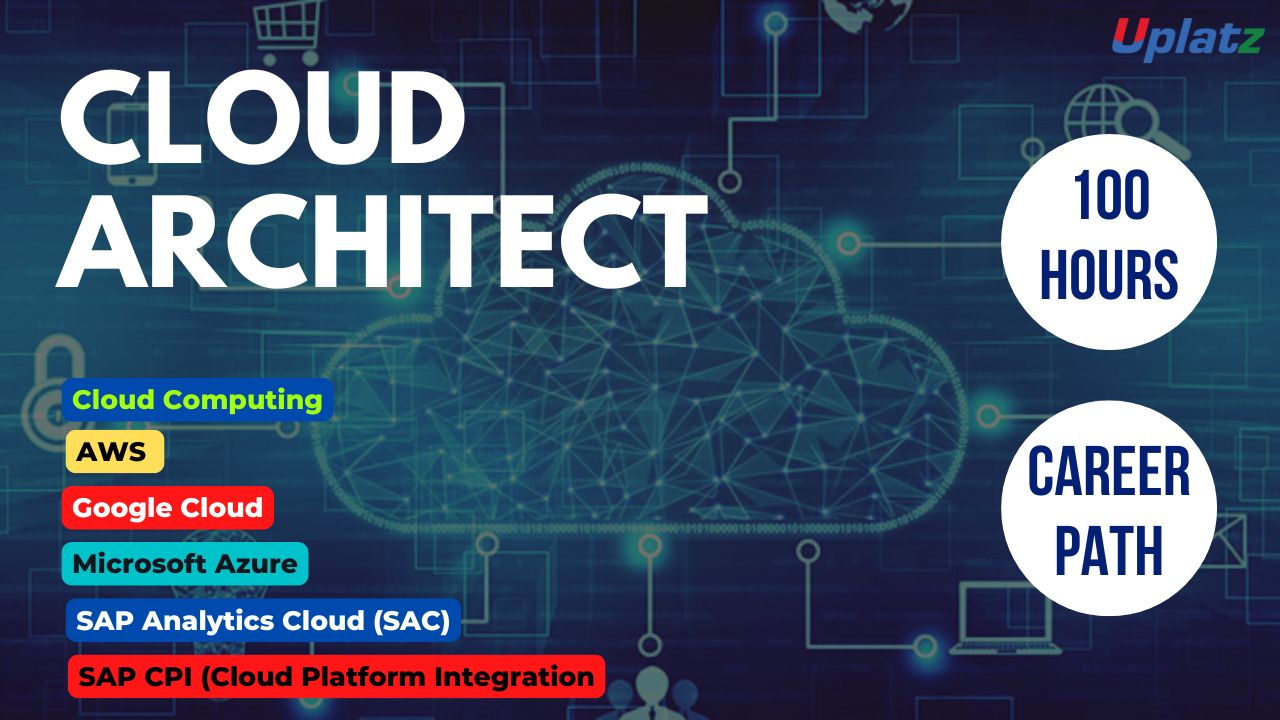GCP (Google Cloud Platform)
Comprehensive introduction to Google Cloud Platform essentials. Get started with core GCP services. Learn GCP concepts and become a top cloud engineerPreview GCP (Google Cloud Platform) course
Price Match Guarantee Full Lifetime Access Access on any Device Technical Support Secure Checkout Course Completion Certificate 98% Started a new career
BUY THIS COURSE (
98% Started a new career
BUY THIS COURSE (GBP 12 GBP 29 )-
 97% Got a pay increase and promotion
97% Got a pay increase and promotion
Students also bought -
-

- Microsoft Azure Fundamentals
- 40 Hours
- GBP 12
- 3673 Learners
-

- SAP Analytics Cloud (SAC)
- 45 Hours
- GBP 12
- 1667 Learners
-

- Career Path - Cloud Architect
- 100 Hours
- GBP 32
- 888 Learners

Google Cloud Platform (GCP) is a suite of cloud computing services provided by Google. It offers a wide range of infrastructure and platform services for building, deploying, and managing applications and websites on Google's infrastructure. GCP enables organizations to leverage the power of cloud computing to innovate, scale, and transform their businesses efficiently and securely.
Key Features of GCP are:
1) Infrastructure Services: GCP provides various infrastructure services, including compute, storage, and networking. Users can deploy virtual machines (VMs) on Google Compute Engine, store data in Google Cloud Storage, and create virtual networks using Google Cloud Virtual Private Cloud (VPC).
2) Platform Services: GCP offers platform services for building and scaling applications, such as Google App Engine for deploying and managing web applications, Google Kubernetes Engine for containerized applications, and Cloud Functions for serverless computing.
3) Data Analytics and Machine Learning: GCP provides powerful data analytics and machine learning services, including BigQuery for data warehousing and analytics, Cloud Dataflow for stream and batch processing, and AI Platform for building and deploying machine learning models.
4) Databases: GCP offers various database services, including Cloud SQL for relational databases, Cloud Firestore and Cloud Bigtable for NoSQL databases, and Cloud Spanner for globally distributed databases with strong consistency.
5) Networking: GCP provides advanced networking capabilities, such as global load balancing, content delivery network (CDN) services with Cloud CDN, and virtual private network (VPN) connections for secure communication between on-premises and cloud environments.
6) Security and Identity Management: GCP offers robust security features, including identity and access management (IAM) for controlling access to resources, encryption at rest and in transit, and security key management with Google Cloud Key Management Service (KMS).
7) Developer Tools: GCP provides developer tools and APIs for building, testing, and deploying applications, such as Cloud SDK for command-line access, Cloud Build for continuous integration and continuous delivery (CI/CD), and Cloud Source Repositories for version control.
8) Hybrid and Multi-cloud Solutions: GCP offers hybrid and multi-cloud solutions for connecting on-premises infrastructure with the cloud, including Anthos for managing applications across hybrid and multi-cloud environments.
9) Global Infrastructure: GCP operates one of the largest and most reliable cloud infrastructures globally, with data centers located in multiple regions and availability zones around the world, providing low-latency access to services and high availability for applications.
10) Cost Management: GCP provides flexible pricing models, including pay-as-you-go pricing and sustained use discounts, as well as tools for monitoring and optimizing resource usage to control costs effectively.
Uplatz provides this extensive GCP course for beginners and covers fundamental concepts to introduce students to the core services and capabilities of Google Cloud Platform (GCP). An overview of this GCP course includes the following:
a) Introduction to Cloud Computing: Explain the concept of cloud computing and its benefits. Cover essential terminology such as Infrastructure as a Service (IaaS), Platform as a Service (PaaS), and Software as a Service (SaaS).
b) Overview of GCP: Provide an overview of Google Cloud Platform, its global infrastructure, and the services it offers across compute, storage, networking, databases, machine learning, and more.
c) Getting Started with GCP: Guide students through setting up a GCP account, navigating the GCP Console, and understanding the billing and pricing model.
d) Compute Services: Introduce students to compute services such as Google Compute Engine (virtual machines), Google Kubernetes Engine (container orchestration), and Google App Engine (platform for building and deploying applications).
e) Storage Services: Cover different storage options available on GCP, including Google Cloud Storage (object storage), Cloud SQL (managed relational databases), Cloud Firestore and Cloud Bigtable (NoSQL databases), and Cloud Filestore (managed file storage).
f) Networking: Explain networking concepts on GCP, such as Virtual Private Cloud (VPC), subnetworks, firewalls, load balancing, and Cloud DNS (Domain Name System).
g) Data Analytics and Machine Learning: Introduce students to data analytics and machine learning services on GCP, including BigQuery (data warehouse), Cloud Dataflow (streaming and batch processing), and AI Platform (machine learning model development and deployment).
h) Security and Identity Management: Cover security features on GCP, including Identity and Access Management (IAM), encryption at rest and in transit, and security best practices for securing GCP resources.
Course/Topic - GCP - all lectures
-
Lesson 1 - Cloud Computing Overview
-
Lesson 2 - Google Cloud Platform (GCP) Overview
-
Lesson 3 - Compute Engine
-
Lesson 4 - Google Cloud Storage
-
Lesson 5 - GCP Networking
-
Lesson 6 - Relational Databases in Google Cloud
-
Lesson 7 - Non-relational Databases in Google Cloud
-
Lesson 8 - Cloud Storage and Processing for Big Data
-
Lesson 9 - Identify and Access Management (IAM)
-
Lesson 10 - GCP Security Services









